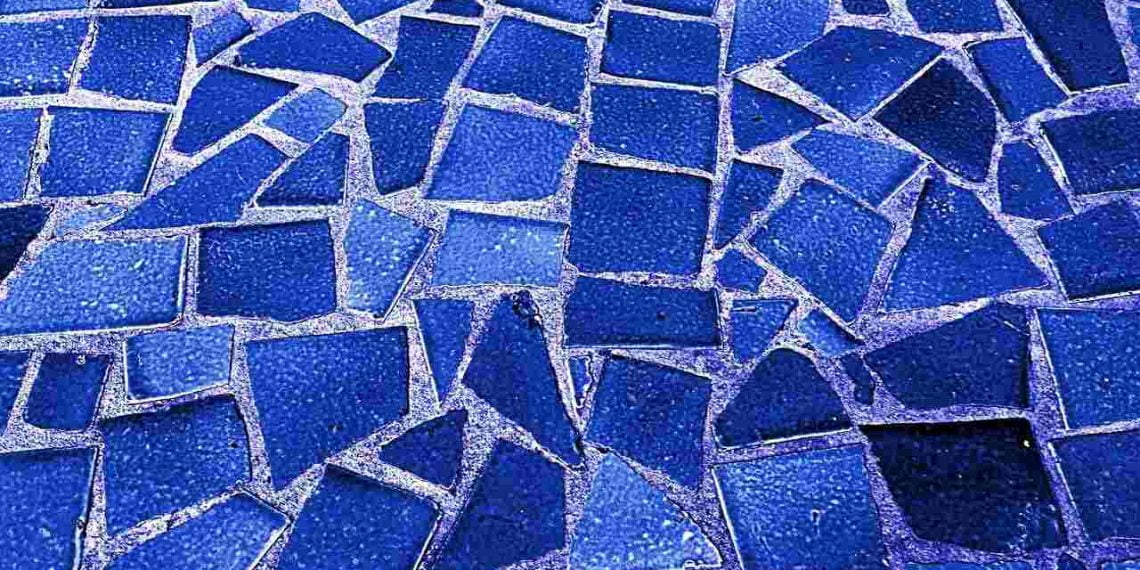DIY ceramic tile installation is a great way to cut costs and secure your home from intruders. The best way to acquire a new skill is to use that skill. Many do-it-yourselfers take on ceramic tile installations every year, and many succeed. A skill is involved in laying tile, but any skilled person with enough time may pick up the necessary skills. Professionals in the home improvement industry make their money through efficient work. If you’re not in a rush, you can produce work that’s on par with, or even better than, that of a professional. Exactly how does one go about tiling a room?
Planning and Budgeting
I’m confused; what exactly is this structure? Do you need a plumber or a carpenter? Make a strategy to finish off those responsibilities. Determine how many tiles will be needed by measuring the area that will be covered. Discount for trimming and damage. Knowing the area better will help you when looking for tile. Knowing the square footage that has to be tiled can help you determine how much time you can afford. Do you require any finishing touches? Hardwood is frequently used to finish off the edges of ceramic tile countertops. Towel racks and soap bowls are only two examples of ceramic bathroom accessories.
Installation Equipment for Ceramic Tiles
Tools such as trowels, cutters, and measuring devices are used by hand when laying ceramic tile. There is a wide range of trowels available for use. The standard trowel is a rectangular one with notches. The adhesive can be distributed with this implementation. Notches in the trowel make it possible to control the amount of adhesive spread. If you need to get up close, use a margin trowel. The process of cutting tiles is essential. Nippers are the most fundamental type of cutter and are often reserved for finer tasks. When making precise cuts, a cutter board is helpful since it scores the tile, making it more brittle and easier to shatter. The professional’s true workhorse is the circular wet saw. Saws come in a wide variety of sizes and quality levels. An affordable saw that meets your needs exists.
Adhesive
To install tile on a floor, an adhesive is used. The substance is pre-blended or a wettable powder. Your supplier can suggest the grade that is best for your project. Some adhesives are epoxy, impervious to water and stains, while others are latex-based. Epoxy grout is highly recommended for use in shower pans and ceramic tile in the bathroom.
Tile Installation
The tile is always put on a solid, level surface. As a base, cement board is frequently used due to its stability and resistance to water. After the subfloor is in place, you can use chalk lines to position the tiles properly. Recognize that no space is genuinely square before beginning any endeavor in that area. Find the regions with the most minor traffic where the pieces need to be cut. It’s better to start decorating from a single wall or side. It’s often preferable to begin at the center of a plane or other surface. Here is where your tile-laying skills come in handy.
How nice of a job is done depends on how well the tile edges are lined up. Be wary that the size of inexpensive tiles tends to vary more than high-quality materials, making alignment more difficult. You can make as many lines as you need to follow using chalk. The tiles can be spaced visually or with standard plastic spacers.
Grout
After the tile and trim have been set in place, the gaps are filled with masonry grout. Sand is a component of grout used for wider joints. Because of the sand, the grout will be more durable and less likely to crack. Colored grout is an option. A special trowel with a rubber face is used to apply and spread grout. Grout is removed from tile surfaces after installation but before it dries entirely.
Have no idea how to project onto a ceramic tile properly? Want to know more? Interested in learning more about ceramic tile installation?
Read also: Changing Every Aspect of Your Computer’s Desktop











